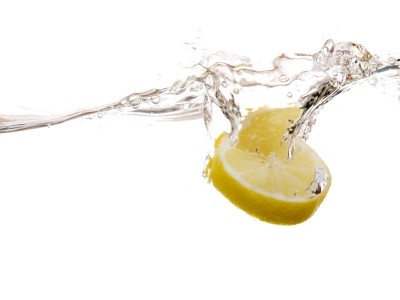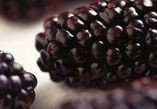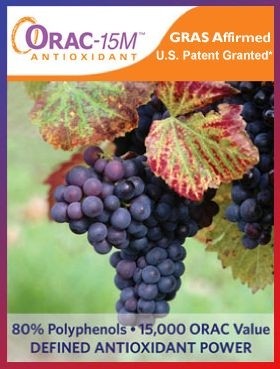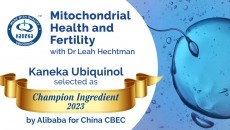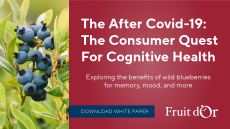Dispatches from IFT Wellness 2012
What do antioxidants do? Absolutely no idea, says IFT consumer panel

US grocery shoppers, it quickly emerged during a debate featuring eight consumers at the IFT Wellness 2012 conference, are well informed about many health issues, but pretty clueless about others.
The consumer panel, which comprised four baby boomers (aged 54-66, two men, two women) and four Millennials (26-29, two men, two women) from the Chicago area, was quizzed on everything from healthy snacks to portion sizes.
While the views of eight shoppers are of no statistical significance, they did highlight some of the challenges facing food manufacturers trying to engage with shoppers on more complex nutritional issues.
Antioxidants – they kill germs right?
So how much did the panelists know about eating healthily? In broad terms, quite a lot. Healthy eating meant more fruit, veg and whole grains, cutting back on sodium and saturated fat, and watching your portion sizes.
Most were also aware of roughly how many calories they should eat per day - and several took a multivitamin supplement.
Some were also trying to eat less red meat and everyone thought juice was healthy – although it could be surprisingly sugary. 100% juice was considered to be best.
Prebiotics? No idea
Once the questions became more detailed, however, their knowledge became more patchy.
One (male, boomer) panelist knew omega-3s could affect triglycerides, but didn’t mention any other benefits. Others had heard of probiotics but were not sure what they were or why they might be beneficial.
Antioxidants - which have been featuring on product packaging for over a decade - drew a blank. They had heard of them, but that’s as far as it went (providing something of a reality check to IFIC data presented later in the day suggesting consumer awareness of antioxidants’ free-radical busting abilities topped 84%).
Asked to explain their function, one panelist wondered if they killed germs.
And prebiotics (which 79% of consumers apparently know are good for your gut, according to IFIC data)? Not a clue.
Get her to the Greek!
Natural and less processed was seen as healthier – although no one could articulate why – and Greek yogurt was a big hit with the young women on the panel: high in protein, low in fat and calories, but still indulgent. One of the panelists suspected it might “fight infection”.
Honey was seen as better than sugar (“more natural”), and cane sugar regarded as better than other types, although again, there was no explanation as to why.
Frozen food seen as less nutritious
Frozen food was not regarded in a positive light by most panelists, who considered it to be “too processed”, and therefore bad for you.
Some panel members suspected the longer shelf-life of frozen food meant it had more preservatives – and others suspected frozen veg was “not as nutritious”.
Views on organics were mixed, with some panelists arguing organic produce tasted better, but others arguing that the only difference between organic and conventional food was the price.
Lessons for food manufacturers?
Delegates were then given the opportunity to compare conclusions from this panel with findings from a Ketchum survey of 1,000 consumers in five countries, and the International Food Information Council’s (IFIC’s) 2011 survey of 1,000 consumers.
While awareness of specific health ingredients on the panel was lower than the IFIC report suggested, its members’ view that natural was good and ‘processed’ was bad was consistent with findings in both of the larger consumer surveys, while panelists’ desire to buy products containing only ‘recognizable’ ingredients was also reflected in both surveys.

